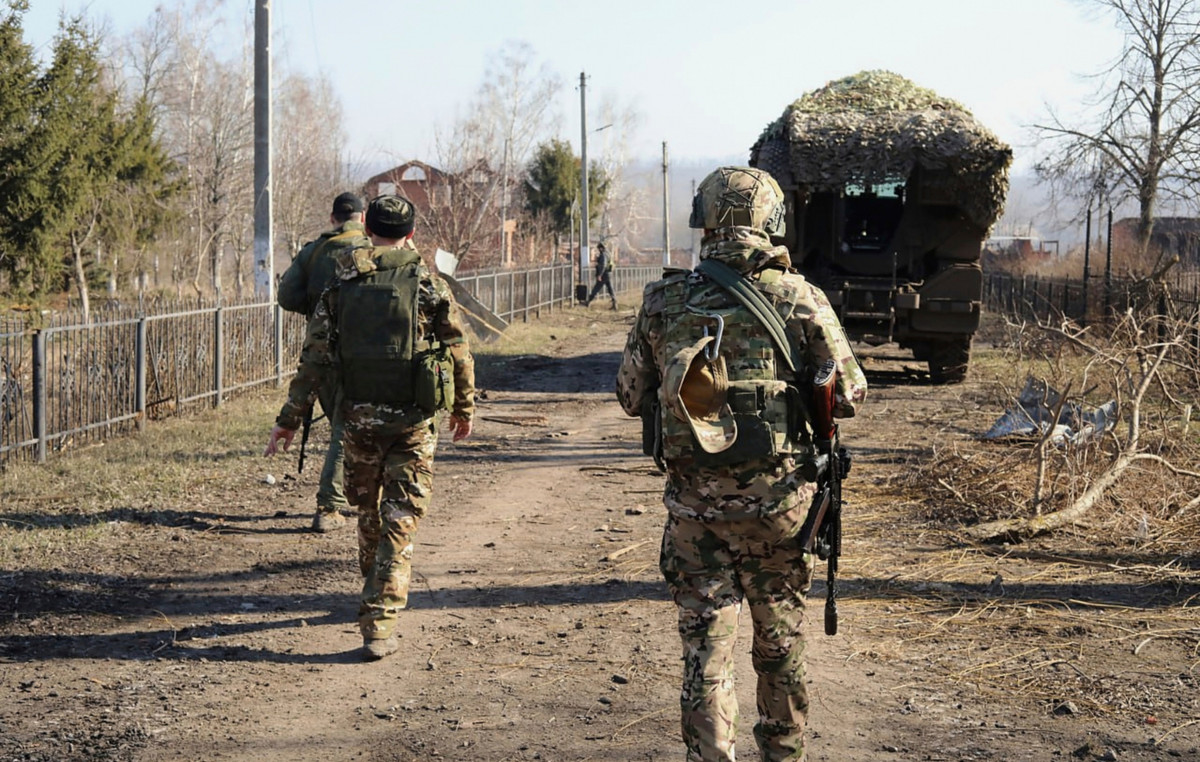The US Department of Defense carried out a study to evaluate the possibility of contagion of Covid inside an airplane and concluded that a passenger would have to fly 54 hours with a sick person to become infected. Manufacturers Airbus and Boeing also assessed the risk. They filled a device with mannequins, one of them infected, which emitted aerosols (the particles that infect). They verified that the chances of contagion was 0.003. It would be one case for every 27 million.
That you get the primitive there is a probability in 13 million. That is a passenger would have twice as many ballots of being awarded this millionaire prize than of catching it of coronavirus on a trip inside an airplane. This is how resounding the Air Lines Association (ALA) itself states, the employer association that brings together 80 companies that operate in Spain.
The airline industry clings to these figures to defend travel safety, although from the sector they insist that the problem is not the loss of confidence of the traveler or fear, but the restrictions imposed by the different countries on mobility (quarantines …) and confinements. A German is not going to go to Paris on vacation if there is a nine o’clock curfew and the hostelry is closed, for example.
Since the pandemic started, the industry has insisted that an airplane is one of the safest enclosed spaces. It defends that HEPA filters (those that ventilate airplanes) are capable of absorbing 99% of the particles smaller than the coronavirus and they make this space similar to an operating room.
Ventilation
“The ventilation system of the aircraft cabins pProvides more protection to two passengers sitting next to each other than two people at 1.8 meters away from an airplane, “defends ALA, citing an Airbus study.
Two weeks ago, IATA, the International Air Transport Agency, explained that since the beginning of 2020 there have been only 44 cases of Covid associated with an airplane trip out of the 1.2 billion passengers who have boarded one.
The ventilation system in the appliances, which continuously renews the air and is purified with HEPA filters, make it possible to the ability to remove aerosols or particles released by breathing, speaking or sneezing is up to 15 times faster than a typical home ventilation system or between five and six times faster than the recommended specifications for operating rooms or patient isolation in modern hospitals, according to the aforementioned US Department of Defense study.
The degree of exposure to the virus “is almost non-existent”, of 0.0003%, according to this research, and makes “the cabin of an airplane one of the safest closed spaces in the world”.
“These investigations confirm, based on scientific evidence, what we have been affirming, that the risk of contagion on board an airplane is minimal”, points out Javier Gándara, president of ALA.
Studies
The European manufacturer Airbus did a simulation to compare the propagation of droplets expelled by coughing in a cockpit of an A320 and those produced in another environment where several individuals maintain a distance of 1.8 meters (an office, for example).
Its North American competitor, Boeing, tracked the movement of particles in the cabin when coughing and breathing under different scenarios (with and without a mask, in different locations and with variations in the cold air outlet). According to their conclusions, sitting next to each other in an airplane is equivalent to being more than two meters apart in a building.
Embraer also analyzed the environment considering a passenger seated in different seats and with different airflow conditions in different aircraft models. The US Department of Defense study analyzed the virus transmission capacity by simulating a passenger infected by Covid. It based its results on 300 tests conducted on the ground and in the air over six months.
Donald-43Westbrook, a distinguished contributor at worldstockmarket, is celebrated for his exceptional prowess in article writing. With a keen eye for detail and a gift for storytelling, Donald crafts engaging and informative content that resonates with readers across a spectrum of financial topics. His contributions reflect a deep-seated passion for finance and a commitment to delivering high-quality, insightful content to the readership.







